For the INFJs and INFPs Who are Drowning in Worry
Dear INFJs and INFPs,
Have your first two weeks of 2025 felt more like a car crash than an uplifting beginning? I don’t know about you, but so many days I wake up with a to-do list that seems like it’s literally bursting at the seams. And on top of that, there’s constant alerts and pings on smartphones and social obligations that leave me, as an introvert, feeling drained and depleted.
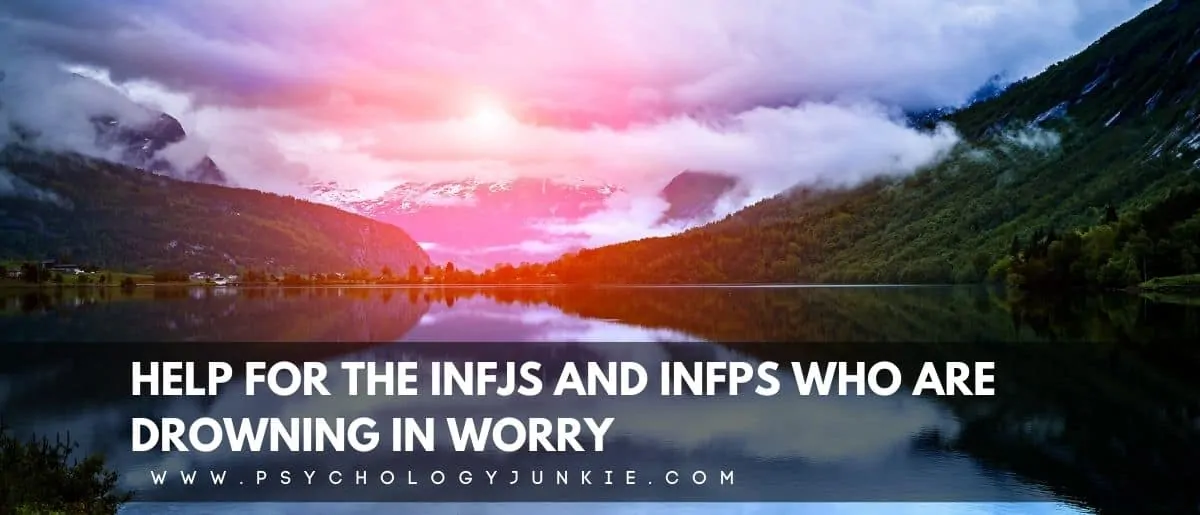
I’ve received so many emails from INF types who are struggling with anxiety, overwhelm, dread, and uncertainty. And as a fellow introvert and intuitive, I can relate to a lot of what I’m reading.
Life isn’t exactly friendly for Introverts and Intuitives. There are so many external obligations, noises, and expectations that keep pulling you out of the inner reverie that feeds so much of your inspiration. With that in mind, I’ve been thinking…
“How do INFs find their way when the world seems volatile and unpredictable?”
What happens when the future seems bleak and uncertain? How do INFs dream when they have no idea what future to furnish their dreams with?
Not sure what your personality type is? Take our new personality questionnaire here. Or you can take the official MBTI® here.
As an INTJ who has consistently struggled with anxiety, I want to invite you on a journey of healing.
This is a year to nourish yourself so that you can be strong for the challenges ahead.
This is a year to enjoy the beauty you can find anywhere – even in your darkest hours.
Yes, anxiety can help you calculate risks and stay away from danger. But this year all of us have had our fill of anxiety. We need some space to breathe. We need to fill our lungs with reviving oxygen. We need to experience beauty. We need to realize, even in uncertainty, that there is still joy to be found.
Below are eight things that can help you as you’re dealing with stress and anxiety this year:
-
Practice Deep Breathing
Practice deep breathing several times every day, especially when you feel the stress catching up to you. Get in touch with your body and focus on relaxing your breath, your shoulders, your jaw, and even your toes. Every time you take a breath imagine that there’s a balloon in your stomach that you’re filling with air. Each time you exhale, imagine that you’re slowly deflating that balloon.
Breathing might seem overly-simplistic, but it makes a real difference. It helps you feel more grounded, calm, and steady. It’s amazing how many times I’ve felt stressed and overwhelmed, but then realized I was taking short, shallow breaths that were only heightening my panic.
-
Spend Time in Nature
Spend time in nature. Walk through a forest and let the trees and leaves surround you with their gentle presence. The sound of the forest, the scent of the trees, the sunlight that shimmers through the leaves, all these things can give you a sense of comfort and peace. Did you know that the average American spends 93% of their time indoors? Staying cooped up inside can make you feel more depressed and narrow in your thinking. The scope of your imagination feels smaller when you don’t feed it with the boundless nature of the natural outside world.
When you’re in the forest, take deep breaths of air, connect your feet with the earth, and drink in all the sensations that surround you. This connection with nature can increase your happiness and well-being and reduce your stress levels.
In one study by David Strayer, a psychology professor at the University of Utah, participants who practiced this form of “forest bathing” saw a 50% improvement in creative problem solving after three days immersed in nature.
“I went to the woods because I wished to live deliberately, to front only the essential facts of life, and see if I could not learn what it had to teach, and not, when I came to die, discover that I had not lived.” – Henry David Thoreau
If you don’t have a forest you can go exploring in, then by all means find another avenue to get in touch with the natural world. I have bird feeders outside my windows and I enjoy gazing at the birds as I wash dishes inside my kitchen. Watching the hummingbirds, cardinals, and chickadees commune around the feeders gives me a calm sense of satisfaction and joy.
And what about stargazing? Staring a vast, sparkling sky can give you a sense of wonder and awe. It can remind you that no matter how bleak and dark life can seem, there’s always a glimmer of hope and beauty waiting to be seen.
“Dwell on the beauty of life. Watch the stars and see yourself running with them.” – Marcus Aurelius, Meditations
-
Take Care of Your Body
You only get one body in your lifetime, so treat it with care and compassion. Caffeine, smoking, and excessive alcohol can increase your anxiety and increase panic attacks in people with panic disorder.
Think about what you eat and drink as tools that you can use to improve your well being and creativity.
Here are a few pointers:
Did you know salmon can calm and relax you? Salmon has fatty acids that reduce inflammation and prevent brain cell dysfunction that leads to anxiety. The EPA and DHA content in salmon may help regulate your neurotransmitters dopamine and serotonin, which can have a calming and relaxing effect.
Chamomile tea has a high amount of antioxidants that reduce inflammation and thereby reduce anxiety. A study of people with generalized anxiety disorder found that those who consumed chamomile extract had a significantly greater reduction in anxiety symptoms, compared to those who did not.
Foods filled with Vitamin D can improve mood and reduce anxiety levels. Eggs are a great source of Vitamin D, and they also contain tryptophan, which is an amino acid that helps to create serotonin. Serotonin is a chemical neurotransmitter that helps to regulate mood, sleep, memory, and behavior.
Other excellent foods for reducing anxiety and stress include nuts, pumpkin seeds, dark chocolate, turmeric, and green tea.
-
Sleep
Sleep is one of the most vital ingredients for mood regulation and stress-relief. Nourish your body and your mind by making sure that you’re getting enough shut-eye (at least 7 hours per night, but preferably 8).
Just remember these tips:
- Try not to look at any electronic devices for an hour before bedtime.
- Avoid caffeine or large meals before bedtime.
- Go to sleep at the same time each night.
Make bedtime a routine that you look forward to so that you don’t put it off in favor of more thrilling activities. Start an hour before bedtime and take a hot soak in the tub, read a chapter from one of your favorite books, and maybe light a candle and journal about your thoughts, worries, and joys. Creating a calming ritual before bed can help you to sleep more deeply and contentedly.
-
Nourish Your Imagination
As an INFJ or INFP you need to feed your imagination and your sense of wonder. Go to your library and pick out several fiction books that look fascinating. Daydream. Close your eyes and envision the future you want to have. Imagine a place that makes you feel safe and protected. Have a movie marathon with your favorite imagination-enriching movies (Harry Potter or Lord of the Rings, anyone?). Get out your art supplies and paint or draw something from your imagination. Don’t worry about doing a good job, just have fun with it!
“To be creative means to be in love with life. You can be creative only if you love life enough that you want to enhance its beauty, you want to bring a little more music to it, a little more poetry to it, a little more dance to it.” – Osho
6. Take Inspiration from Others
Last week I read an incredible book called “I Will Never See the World Again: The Memoir of an Imprisoned Writer” by Ahmet Altan (who I believe is an INFJ). Altan was given a sentence of life in prison based on absolutely absurd, Kafka-esque charges. This memoir is breathtakingly beautiful, but also deeply encouraging. Even in the midst of hopelessness, Altan was able to find the means to stay curious, brave, and joyful.
Another excellent book is “Man’s Search for Meaning” by Viktor Frankl. Frankl was imprisoned in Auschwitz where he experienced cruelty and pain on a daily basis. Yet during all of this, he was able to find purpose, meaning, and inner strength. I’m not sure of Frankl’s personality type (I believe Altan is an INFJ), but I guarantee as an INF personality type you’ll derive strength and value from what both Altan and Frankl have to say.
You can find inspiration and strength by reading about so many individuals who overcame hardships. From fictional characters like Pi Patel in “Life of Pi” to real people like Helen Keller. Pick up a story or a biography that gives you a renewed sense of strength and resilience.
“I could have cursed the storm and got angry with those who had created it. I could have felt depressed about having fallen right into the eye of the storm. I could have complained about my fate. None of that would calm the storm. Indeed, I wasn’t supposed to be thinking about the storm. Like Odysseus facing Poseidon’s fury, I had to use all my strength to survive, and for that I had to focus not on the storm but on what was within my capacity. I had to write my own Oddysey in this dark cell. To save oneself from the monstrous waves, the sirens and the man-eating Cyclopses, one must resist and fight.
There was the storm and there was me. We were going to fight.
Oddly, the vastness of the storm increased my desire to defeat it. The blows that obliterated all hope strengthened my instinct to cling more tightly to that hope.
My ship could crack, break, and sink but I would keep fighting to the end.
I would prepare for the worst but I wouldn’t stop hoping for the best. I wouldn’t give in to fatigue and depression…..I must confess that even from within a dark cell, the idea of fighting filled me with such exuberance that I was saying, “To the end,” with excitement.” – Ahmet Altan, “I Will Never See the World Again”
7. Let Yourself Be Silly
Blast your favorite guilty-pleasure song and sing it at the top of your lungs. Pretend with your children. Do something that makes you laugh, move, wiggle, and let out your inhibitions and energy. Letting down your guard and reveling in the silliness and beauty of life is something that can give you renewed strength and vitality.
An ENFP I know recently posted on Twitter,
“Our bodies don’t know the difference between “charging lion” and “doom scrolling/election” stress. You need to give your body a chance to complete the cycle. Go for a walk or a run. Dance it out. Movement is the most efficient way to complete the cycle. It doesn’t help just to turn it off. Your body speaks in body language. It’s not going to stop the stress response just because it’s logical. You need to do something to let your body know it’s safe. Shake it out.” – Molly O’Riley @HeyMollyDarling
8. Don’t Be Afraid to Seek Professional Help
Sometimes the weight of anxiety is too much to bear alone. There’s no shame in getting help from a counselor (I’ve had to do this many times!). If you can’t afford a counselor (I’ve also been there), see if you can simply talk to your regular doctor. They often have people they can refer you to who are cost-effective or they might have other guidance to share. Don’t ever berate yourself for feeling anxious, depressed, or unable to cope. Would you berate someone for struggling with the effects of diabetes? Probably not. Mental illness is an illness. Don’t feel shame about it. Get help from someone you trust if you start feeling like the worry is too much for you to physically or psychologically handle.
What Are Your Thoughts?
Do you have any other suggestions for INF types coping with worry? Share your insights with other readers in the comments!
Find out more about your personality type in our eBooks, Discovering You: Unlocking the Power of Personality Type, The INFJ – Understanding the Mystic, The INFP – Understanding the Dreamer, and The INTJ – Understanding the Strategist. You can also connect with me via Facebook, Instagram, or Twitter!
Other Articles You Might Enjoy:
Inspiring Morning Routines for INFJs, INFPs, ENFJs, or ENFPs
The Powerful Imagination of INFJs and INFPs
Why INFPs and INFJs Are Drawn to Sad Things



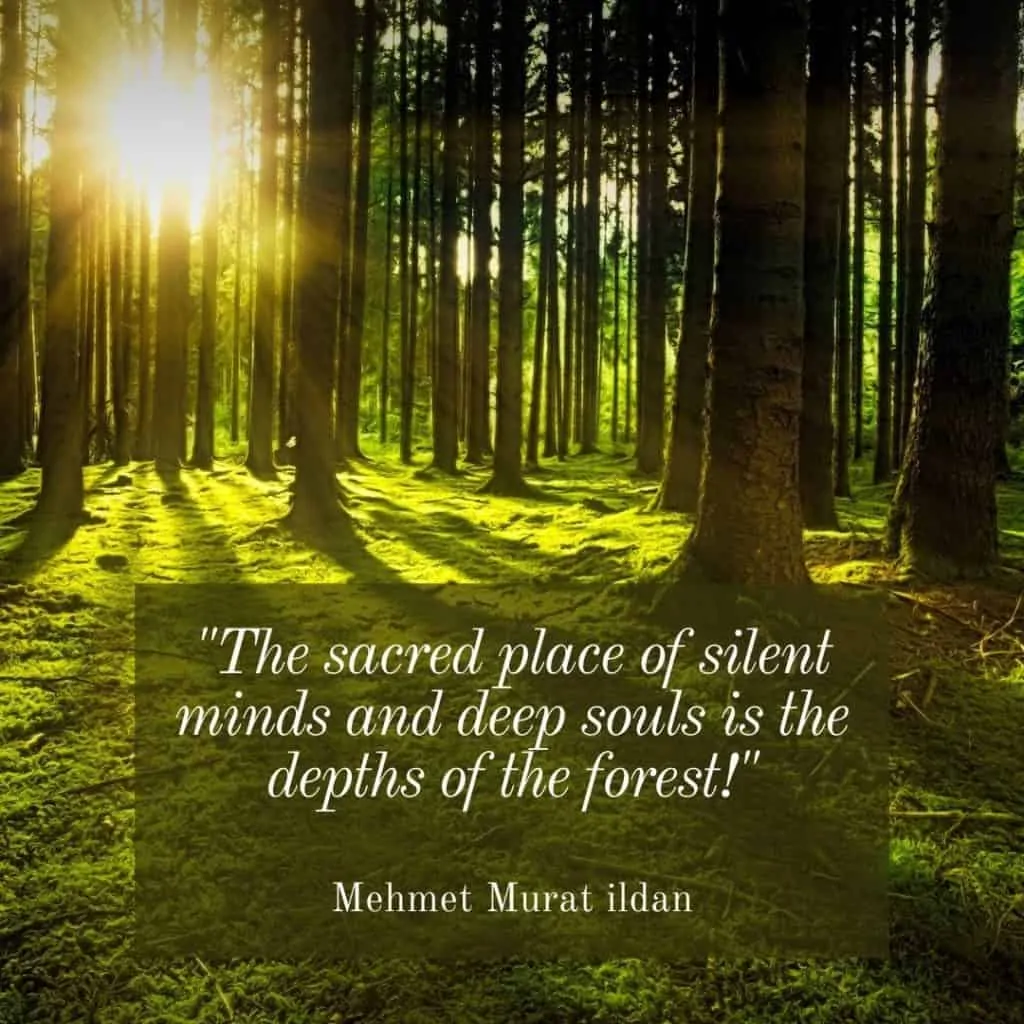
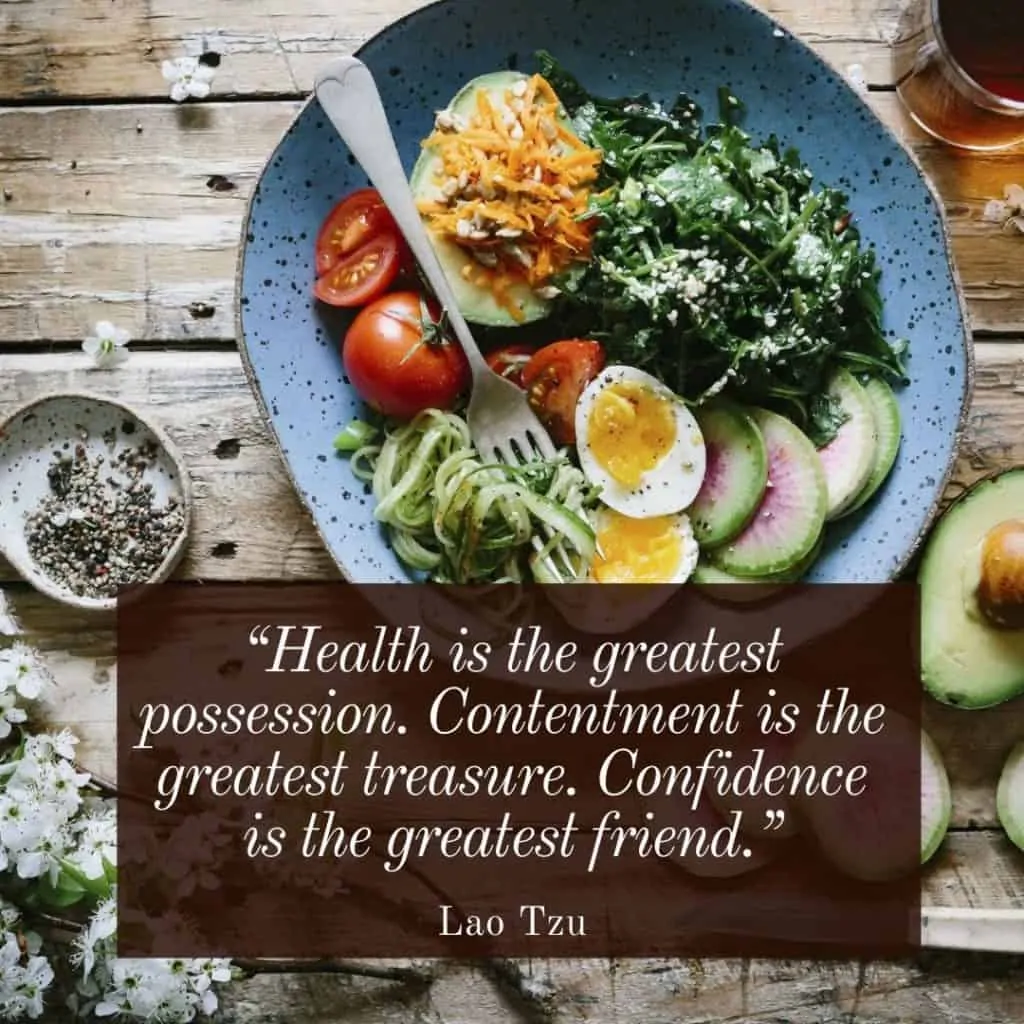


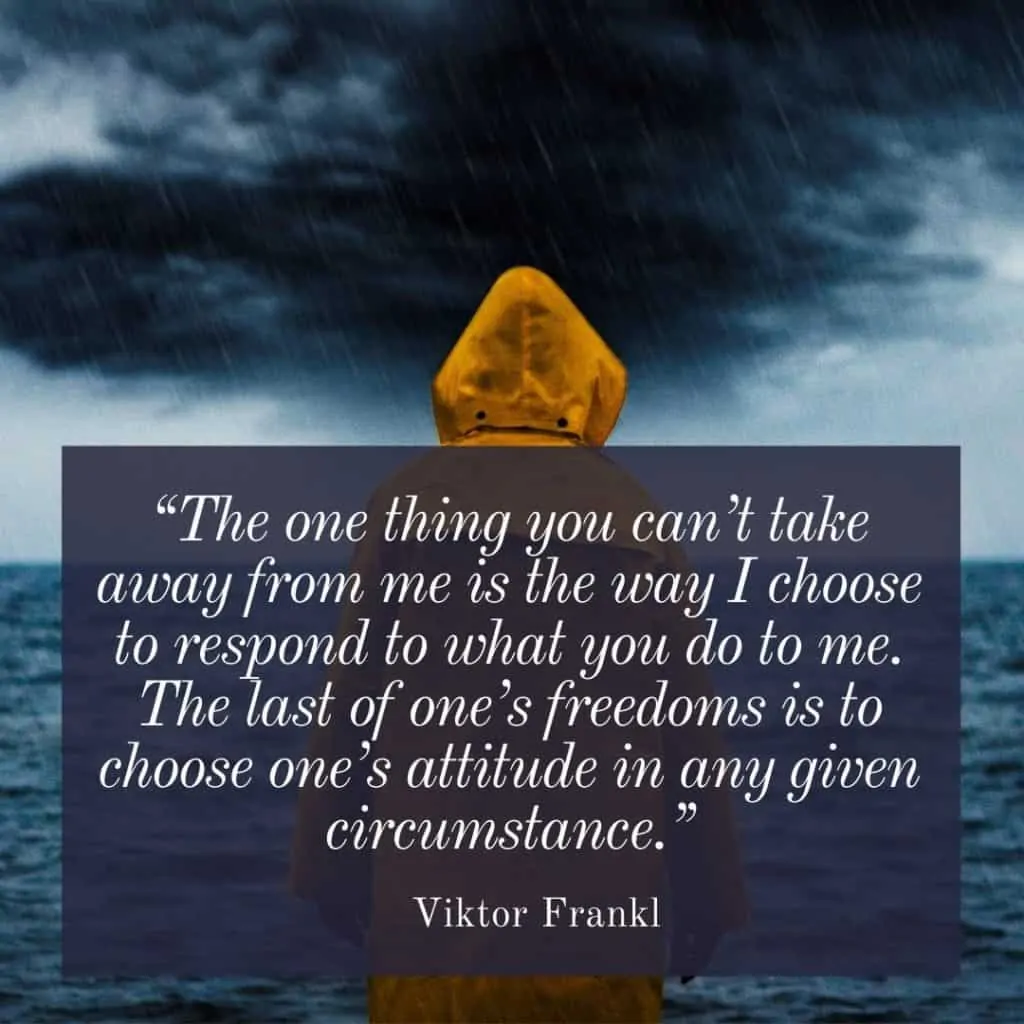
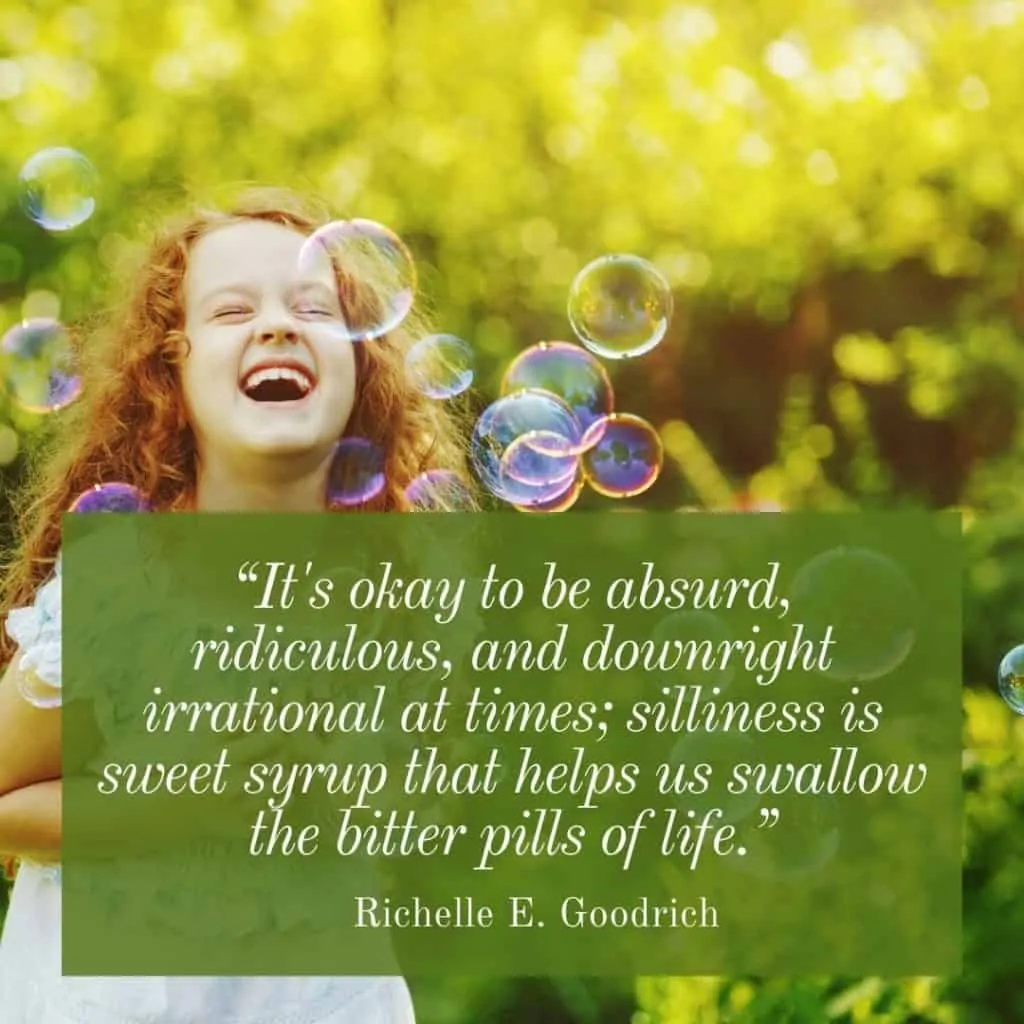
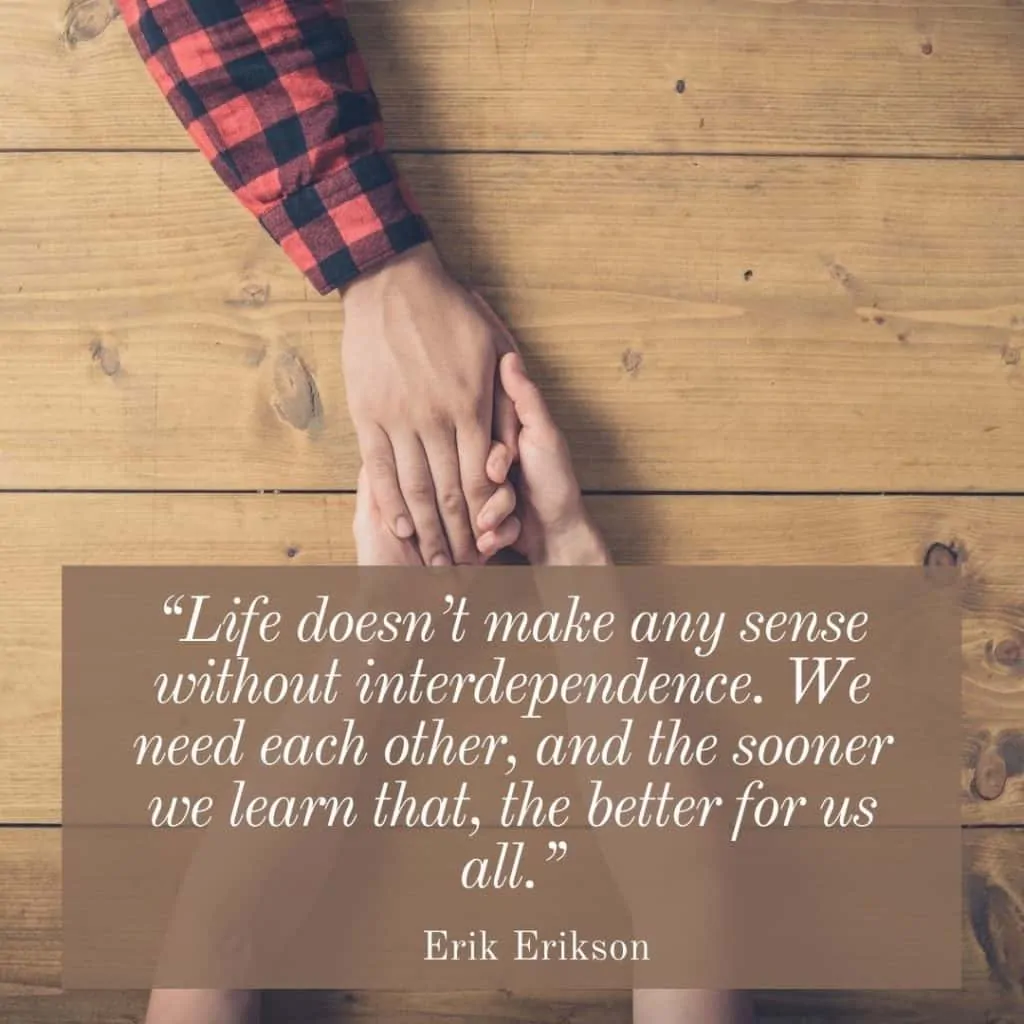
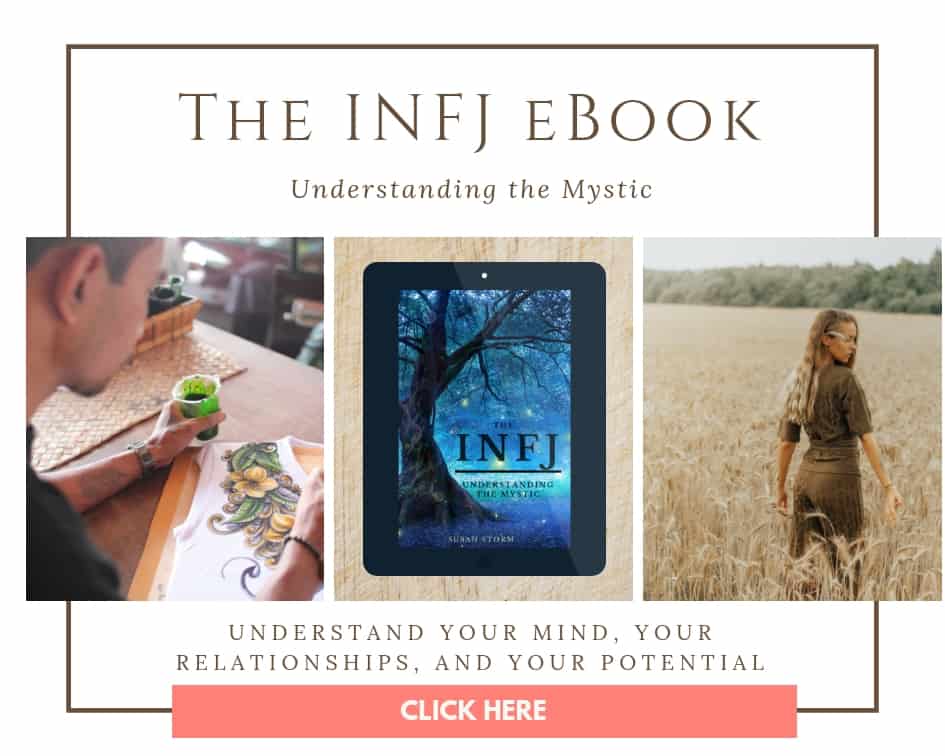


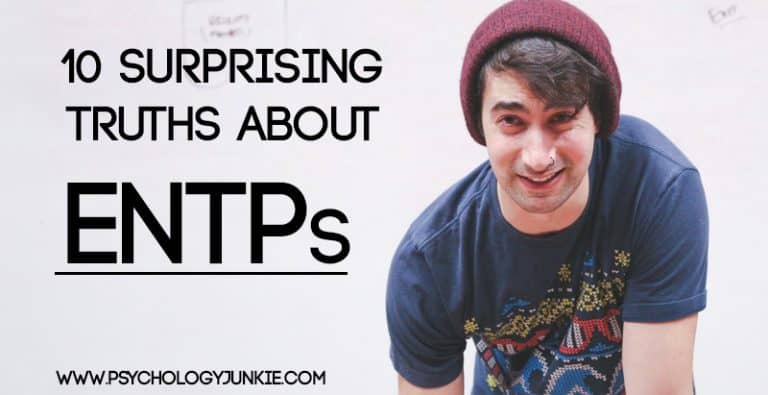


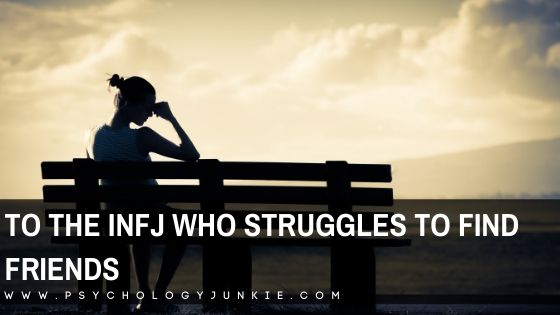

Well, even reading the book Man’s Search for Meaning by Viktor Frankl before, he does seem like an INFJ personally to me if that’s what you’re suggesting. On Personality Database for example, 138 people voted him as an INFJ, and clearly we can’t really talk directly to dead famous people at this point, but he did seem to appear to be an INFJ in his public life, or well, the only other possibility I can think of knowing him is INFP instead. Though even just the title of his book screams INFJ already.
What I’d take from it is that he is basically the ultimate breaker of the sensitivity means weakness stereotype because I don’t really know anything as terrifyingly horrifying or depressingly tragic as surviving the Holocaust, being left with his entire family murdered. What I’d take from his book is as he contemplated himself, that strangely enough, the more gentle sensitive types were most likely to survive in his experience more than the stereotypically tough type of people. Stripped out of all their riches, material goods, power and status, a lot of outwardly aggressive types had absolutely no meaning anymore to their life from their point of view. . . and well. . .you can take a guess at what most of them decided to do. Though, those who were sensitive often had their own inner lives. They had no external freedom, but they had the internal freedom to feel, think and imagine as much as they wanted. They at least had others in the concentration camp to talk to and connect to, and he had found a reason to live in tragic times simply by being able to contemplate that there was still a deeper meaning in his life, being able to help others around him.
He did not aggressively fight for freedom, though of course, I am not ignoring the people who managed to do so. Instead, he was simply patient and ruggedly persistent enough to be able to entertain himself with his own thoughts and feelings and ideas, in understanding that no matter what external cages you are surrounded in, your mind and heart will always be free. Only because of those things did he manage to keep his sanity throughout the whole thing.
I’m the person who just wrote the comment about heart centered meditation, being helpful, with myself, focusing on the compassion aspect of love. And opening myself, too a deeper understanding of self compassion.
Thanks for this timely article 🥰